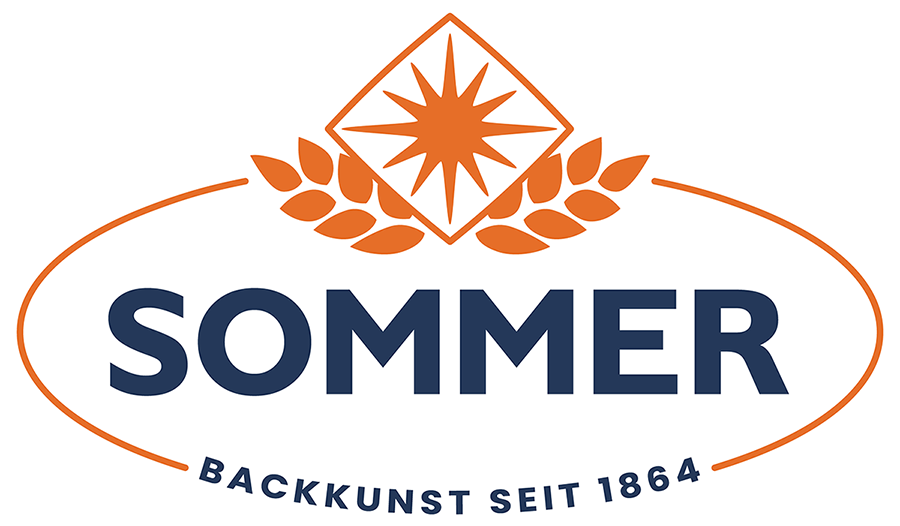Sustainably organic
The Association of Organic Food Producers e.V. (AÖL) celebrates its 30th anniversary this year and we would like to congratulate them! As a long-time member, we would like to network with other producers and learn from each other. We would like to pass this knowledge on to you.
The three main elements of sustainability are ecology, economy and social issues – and organic products can be measured by these. If you look at the ecological effects of organic farming and organic food production, it becomes clear: They use natural resources in such a way that they can regenerate. For example, not using pesticides and chemical fertilizers has clear advantages over conventional farming: more soil organisms, the promotion of humus build-up and better soil quality are just some of the examples. Organic (land) farming also protects water resources. In terms of economics, organic farming does have a conflict of objectives between the highest possible quantity of yields and operating in harmony with nature, but an adapted consumption style can compensate well for the lower yields. Less animal and more plant products in the diet ensure that even a growing world population can be fed by organic and in a healthy way. The social valuation shows: organic business and agriculture overall reduce the mortgage burden that future generations will have to bear and align the interests of the entire value chain. The organic sector thus creates social added value for society and contributes to the common good.

